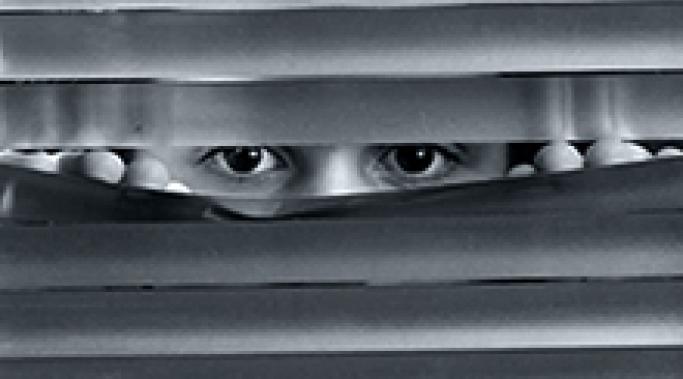Stigma is one of the most challenging aspects of mental illness. A report by the President’s New Freedom Commission states:
Stigma refers to a cluster of negative attitudes and beliefs that motivate the general public to fear, reject, avoid, and discriminate against people with mental illnesses. Stigma is widespread in the United States and other Western nations . . . It leads to low self-esteem, isolation, and hopelessness. It deters the public from seeking and wanting to pay for care. Responding to stigma, people with mental health problems internalize public attitudes and become so embarrassed or ashamed that they often conceal symptoms and fail to seek treatment.
Stigma of BPD
There are advantages and disadvantages about living openly with mental illness. The disadvantages are usually steeped in stigma, which perpetuates in part because people are afraid to be open about mental illness. Out of all the false assumptions that exist, there are probably three that cost us dearly: the belief that we should be treated like children, the belief we don't know what's happening to us, and the belief that we aren't reliable.
When I was in Richmond State Hospital, I heard from multiple patients on different units that they had trouble getting painkillers that had been prescribed. In the case of Vicky, this was true even though the painkillers were not narcotics. And in Eric's case, when another doctor administered painkillers, staff were furious. It raises an interesting question, "Do psychiatric patients have a right to prescribed painkillers?"
I was raised Christian right-wing conservative, complete with the anti-government aid viewpoint—I was taught this was socialism, which every good American knew meant “communism,” which every good American knew was evil, anti-Christian and would enslave us all. I also sincerely believed that people on government aid should just get a job and stop mooching off the taxpayers.
My attitude has since changed, largely because I've learned three things people don't know about Social Security disability.
A friend of mine at Wellspring Mental Health Ministries recently e-mailed me some prayers for current and former military personnel. The prayers reminded me of the stigma I faced in the Army for having a mental health condition, and made me think about the struggles veterans with mental illness often face.
I'll be honest, I'm a little worried about my neighbors. I live in an apartment complex for adults with severe mental illness; it's one step above a group home. This leads to some quite strange interactions, which raise the question of "When does the right to privacy hurt?"
The owner of Seattle’s From The Heart Pottery, Shari Druckman-Roberts, recently shared her solution of what to do about the homeless with mental illness or substance abuse problems.
“These people should not be on the street,” she said. “They should not be allowed to sleep in the street. They should not be allowed to be out in public with mental disorders, if they have them, or if they’re drug addicts, they need to go away.”
Sometimes mental health professionals see a diagnosis of borderline personality disorder (BPD) and assume the person is faking his or her symptoms. This can lead to a number of negative reactions, ranging from discarding what the patient is saying to denial of medical care. More Than Borderline's Becky Oberg talks about this stigma and its consequences, as well as how to fight it.
Recently my benefits got cut and it's going to take at least another month to get it straightened out. To cope with the sudden reduction on the cash scene, I've been looking for a job with limited success. I've applied at two restaurants and been told to leave my name and number, which is the equivalent of the kiss of death. Fortunately, I have a lead on a job at an ice cream shop and it looks like I'll land the interview. Which leads me to one question--how open should I be about my borderline personality disorder diagnosis?
Dr. Otto Wahl of George Mason University once said that knowledge and understanding of severe mental illness would lead to a reduction of the stigma attached to mental illness. Again and again, Wahl writes that speaking out about severe mental illness is key to reducing stigma. So here's what I wish people understood about mental illness.








